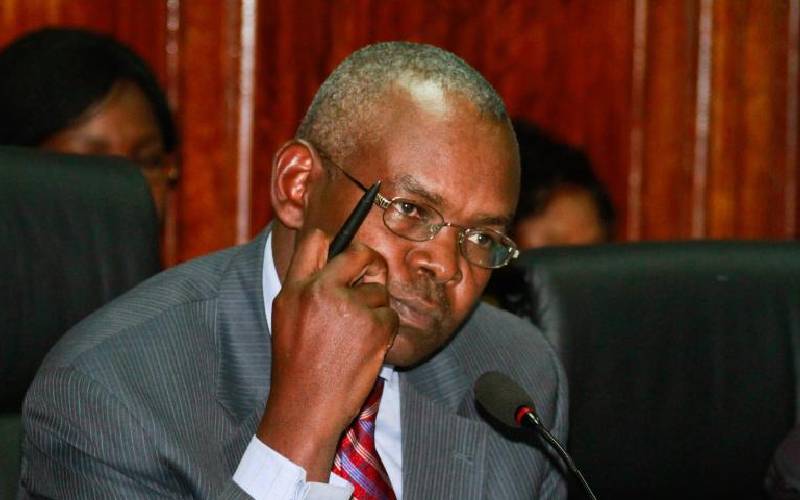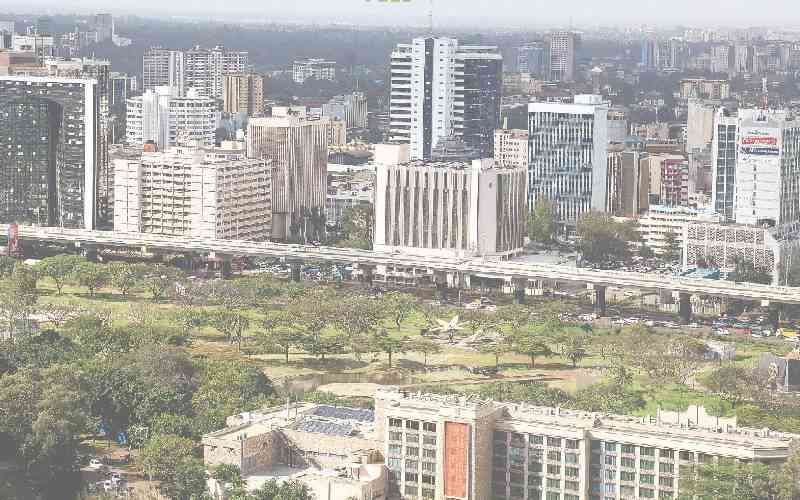×
The Standard e-Paper
Smart Minds Choose Us

National Treasury PS Kamau Thugge responds to audit queries when he appeared before the National Assembly Public Accounts Committee at Parliament. [Boniface Okendo,Standard]
Former National Treasury Principal Secretary Kamau Thugge once said that with Public Private Partnerships (PPPs), we can have our cake and eat it. That is true.







